Published
- 01:00 am

New research from RBR Data Services, a division of Datos Insights, reports that 6% of all global card volume was cross-border in 2022, up from 5% the year before. With the pandemic over and travel restrictions lifted, consumers have been keen to book trips abroad again. In addition, businesses have returned to in-person international meetings and conferences, despite the growth of virtual meetings and events during and since the pandemic.
E-commerce payments, which were boosted during the pandemic, are continuing to be driven by globalisation, with consumers increasingly shopping at online marketplaces based outside of their home countries.
Credit card issuers are offering more and more travel-related benefits
Global Cards and Payments shows that while debit cards make up approximately half of all cross-border spending, credit cards are accounting for a growing proportion, as issuers are expanding the benefits offered on T&E credit products, such as fee-free overseas payments.
As many prepaid products are gift cards, they are often used to make e-commerce purchases, many of which are cross-border. However, due to the prepaid sector’s relatively small share of global card spending overall, its share of cross-border spending also remains low.
Bulgaria and Singapore stand out with particularly high cross-border card spending
RBR’s study reveals that the cross-border share of total purchase volume is highest in Europe, where 12% of all card spending was either carried out abroad or at foreign online merchants. In Bulgaria, cross-border spending is especially high, with consumers tending to use cash for day-to-day domestic purchases, but switching to card payments when abroad.
Almost half of the world’s cross-border card spending was made on cards issued in Asia-Pacific, with Singapore’s cross-border share of total purchase volume being the highest in the region. Not only do Singaporeans often use cards when visiting neighbouring countries like Malaysia and Thailand, but they regularly make online purchases at foreign retailers, such as those based in India. However, a real-time link facilitating simpler cross-border money transfers between Singapore’s PayNow and India’s UPI was launched in February 2023, which could limit future growth in cross-border card spending between the two countries.
There is relatively little cross-border spending in the USA (and none at all in Iran)
According to RBR’s research, while the UAE’s status as a regional commerce and finance hub means that cross-border spending has a relatively high share of overall card volume in this market and in the region as a whole, this is not the case for every country in the region. Cross-border payments are not possible on Iranian-issued cards, all of which are domestic-only, and none of which have acceptance agreements with other countries.
The cross-border share of total purchase volume is lowest in the Americas region, at just 4%. While Canadian consumers and businesses often make in-person and online payments in the USA, cross-border payments are rarely made by US citizens themselves, largely due to the strength of the country’s domestic T&E and e-commerce sectors.
Cross-border card spending is set to keep rising, despite competition from alternative products
Daniel Dawson, who led RBR’s Global Cards and Payments study, commented: “While it was largely due to the easing of travel restrictions that cross-border card spending rose significantly in 2022, growth momentum will continue over the coming years. Not only are consumers becoming increasingly confident making card payments abroad, but purchases at foreign online stores are on the rise.”
With cross-border card spending forecast to grow in the coming years, so too is the scale of alternative payment solutions that can be used at foreign merchants. While such alternatives are a genuine threat to card payments, card issuers are not standing still and increasingly focusing on launching products that are convenient for cross-border spending to combat such threats
Related News
- 07:00 am

YouTrip, a Singapore-based fintech that offers multicurrency wallet for consumers and business accounts with corporate cards for SMEs, has its eyes on growth throughout Southeast Asia after landing a Series B led by Lightspeed. The round was $50 million, and brings YouTrip’s total raised to $100 million since it launched in 2018.
The new funding will be used to develop YouTrip’s product technology and hire more than 100 new positions for its regional team as it launches in new Southeast Asian markets, including Indonesia, Malaysia, the Philippines and Vietnam. The company is a major payment institution licensed by the Monetary Authority of Singapore, and its services include payments, foreign exchange, remittances and cards.
Since its inception five years ago, YouTrip has processed close to $10 billion in annualized transaction volume and its e-commerce payment volume has grown 238% in annualized transaction volume since its Series A in 2021.
The company says YouTrip’s consumer multicurrency spending in Singapore and Thailand has grown considerably over the last two years, and its user base has tripled over that time. They attribute this to post-pandemic travel recovery and the continued growth of e-commerce in the region.
Meanwhile, its B2B product YouBiz has onboarded more than 3,000 enterprises since its launch last May and plans to double that number by 2024. Its primary target customers for YouBiz are businesses that have less than 100 employees. Many are in the tech industry, including IT providers and startups that tend to be early adopters of new digital products, but Chu says YouTrip has also seen traction from more traditional sectors like travel agencies and healthcare.
The most common use cases for YouBiz include business travel, and digital marketing spend, because Google, Facebook and subscription tools are generally billed in USD, and the card gives SMEs FX savings. Companies also use YouBiz’s remittance services to pay suppliers and remote workers. Chu says e-commerce is becoming increasingly important for YouBiz because of its YouBiz perks program, which works with partners to give customers cash-back deals and is meant to encourage more frequent and larger transactions.
Tailwinds giving YouTrip a growth advantage include the continuing digitization of SMEs and consumer habits, which was accelerated by the pandemic.
In terms of product development, YouTrip plans to increase its use of AI and other emerging technologies for personalized features like smart budgeting and customized financial insights. For YouBiz, the company will grow its portfolio of services for SMEs’ cross-border growth plans, including new features for its expense management capabilities and adding credit lines.
In addition to accelerating its international market expansion, Chu is excited by new regulations in Singapore that will raise e-wallet transaction caps by three or four times.
“We feel is it is a great opportunity for us to build more for existing customers, so we are going to add more FX related services in there’s, including overseas transfers, overseas receiving money and more when the wallet limit increased,” she says.
One of YouTrip’s and YouBiz’s differentiators from other multicurrency wallets and SME accounts/corporate cards is their focus on localization, she says. This gives YouTrip a larger market share.
“For every market, we tailor our mobile apps and also the card design even, for each of our markets. By being so localized and focused, from the selection of partners and so forth, it really plays out nicely for us,” Chu says.
“The localization strategy was one we think gives us an advantage, particularly on consumer digitalization and consumer fintech developments,” she added. “What we are very excited about right now is the digitalization of SMEs as well. I think there is the need and opportunity brought to us by the pandemic. Companies are really looking to automate themselves and they need to be able to have a remote workforce, and everything needs to be digitalized and automated.”
But she notes that 99% of SMEs still use traditional banks, instead of neobanks and other fintechs.
“I think the opportunity there is even larger and the revolution has just started,” she says. “We are very excited to get in there with the infrastructure that we have already built. We are one of the very few SME fintechs that own our own licenses and a proprietary tech stack.”
In an investor statement, Lightspeed partner Pinn Lawjindakul said, “My personal experience of the pain point reinforced my conviction in what the YouTrip deal has built. Their multi-currency digital payments platform enables everyone to have a safer, smarter and superior experience with foreign currencies and digital payments.”
Related News
- 04:00 am

iDenfy, a global identity verification and fraud prevention solutions provider, announced partnering with CocaBit, a Lithuania-based cryptocurrency exchange platform, offering its users a user-friendly and convenient trading experience. The newly integrated ID verification software will limit CocaBit’s exposure to fraud and help meet its regulatory obligations.
Cryptocurrency enthusiasts argue that its resilience during market downturns and consistent returns position it as a lasting player in the financial landscape. Moreover, blockchain technology boosts security, adding an extra layer of protection against fraud and cybercrime. As of October 2023, Exploding Topics reports a total market capitalization of $1.1 trillion for the global cryptocurrency market. However, iDenfy highlights potential challenges in the cryptocurrency market's expansion, particularly regarding the inadequacy of Know Your Customer (KYC) measures. iDenfy also emphasizes that adopting KYC measures by crypto platforms serves as a proactive step to deter illegal activities, safeguard customers, and strengthen the integrity of the cryptocurrency ecosystem.
CocaBit agrees with iDenfy’s commitment to maintaining strong identity verification practices and ensuring a safe space for crypto traders. The company prioritizes having a robust fraud prevention program and, at the same time, strives to provide convenient and modern crypto trading services at good rates to all users. CocaBit’s platform is built with simplified navigation in mind so that users can start their transactions quickly and without any hassle. With the exact requirements for KYC in mind, CocaBit wanted a solution that wouldn’t add unnecessary friction. The company aimed to integrate AI-powered IDV software to enhance user security and ensure complete protection of their information.
To achieve this goal, CocaBit partnered with iDenfy. For every individual creating a new account on its platform, it’s mandatory to provide proof of their identity and documentation confirming their address. iDenfy's full-stack identity verification solution swiftly extracts user data, ensuring document authenticity, legitimacy, and protection against forgery or alteration. What sets iDenfy apart is its comprehensive KYC software, encompassing in-house specialists who perform real-time manual verification and various document analysis tools, including liveness detection, to prevent spoofing. Moreover, the user-friendly dashboard for efficient verification process management and monitoring was a significant factor in CocaBit's decision to partner with this KYC service provider.
iDenfy played a pivotal role in helping CocaBit establish a fully automated customer onboarding process. This accomplishment was made possible by their highly responsive customer support team, efficient testing, and seamless implementation. According to iDenfy, this change will not only improve CocaBit’s efficiency, but by consolidating all data in one location and implementing automated case assignment policies, the company will now evenly distribute KYC cases while maintaining a transparent audit trail. Furthermore, iDenfy’s ID verification solution will help CocaBit track all actions throughout a user's entire lifecycle, which is critical to meeting compliance requirements.
The enhanced ID verification process will subject high-risk users to more rigorous scrutiny, requiring them to undergo the four-step verification process on the CocaBit platform. Additionally, iDenfy's automated solution will effectively prevent the creation of duplicate KYC accounts, thereby preventing users from attempting multiple registrations. By joining forces with iDenfy, CocaBit will attract more crypto traders by delivering a simple yet tailored user experience. As claimed by iDenfy’s team, the partnership will be particularly beneficial as CocaBit is planning to expand its range of services and grow its user base.
“By focusing on security and user experience, CocaBit can scale rapidly without concerns about regulatory compliance. That’s why we're happy to partner with CocaBit and assist them in providing a tailored KYC experience, ensuring a smooth identity verification process.” — commented Domantas Ciulde, the CEO of iDenfy.
Related News
- 05:00 am
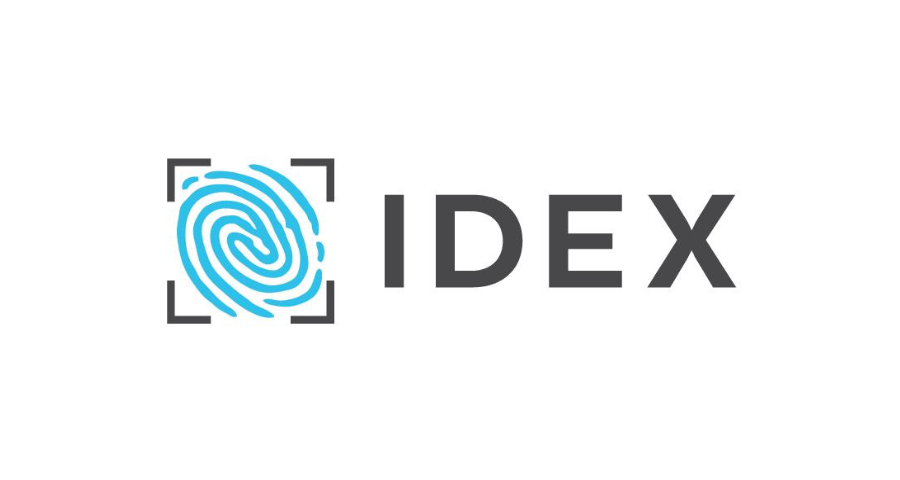
IDEX Biometrics partners with KONA I, a global smart card and technology platform company in South Korea, to deploy biometric payment cards across both recycled PVC and metal cards, for their bank clients worldwide. An initial order for IDEX Pay has been shipped to KONA I.
KONA I manufactures smart card products, with an annual production capacity of more than 60 million cards. KONA I holds a vast number of certifications, including Visa, Mastercard, JCB and American Express, and serves banks and issuers globally. The company provides a range of innovative smart card products including metal cards and other special material cards.
Biometric metal cards are in demand by both challenger and traditional banks. They are expected to revolutionize premium card programs as banks begin offering them to their affluent customers in early 2024.
More than 50 % of consumers prefer a physical payment card for in-person purchases versus a digital wallet or cash, confirms a recent global survey from Edgar, Dunn & Co. The survey points to an unmet demand for metal payment cards. The customer demand is especially strong across emerging and developing economies where the growing middle class is pursuing premium products and experiences such as in Turkey (86%), India (85%) and Brazil (82%).
"We are thrilled to bring true innovation to the high-net-worth customers banking segment, combing innovation and security with high performing biometric cards from KONA I,” said Catharina Eklof, Chief Commercial Officer at IDEX Biometrics. “By partnering with KONA I, we are enabling banks and issuers with revolutionary card solutions giving the banks an opportunity to bolster brand loyalty, attract new customers and stickiness with existing ones."
"Our collaboration with IDEX Biometrics and the global introduction of biometric cards represent a compelling opportunity as we build out our industry-leading biometric card product line. This partnership is our response to the growing demand of banks and issuers for differentiated and innovative payments,” said Chung-il Cho, CEO of KONA I.
Related News
- 07:00 am

The digital finance app will become the first product in the Middle East for its parent company UnaFinancial, which has been developing fintech services in APAC and Europe since 2015. UnaFinancial has already provided initial funding for the startup. Now, it is looking to raise funds for the second round, which will cover internal IT development and marketing expenses. Additionally, the project is open for technology and business partnerships.
Over the past years, the UAE has seen rapid growth in finance app installments, which rose by 55% in 2021. The digital finance app designed by UnaFinancial will be aimed to meet the growing demand. One of its products will be an online investment platform, enabling clients to acquire and trade multiple asset classes like equities, forex, bonds, commodities and derivatives. In the longer-term, the app is also supposed to introduce a digital wallet and credit products.
Natalia Ishchenko, CEO of UnaFinancial, commented: “A wide range of services, strong technological base and the long-term expertise of our team in FinTech, IT, banking and investment gives us a competitive edge and confidence in the success of the future product. We expect the app to gain over 1 million customers and more than US$100 mln in revenue by 2028. We believe that collaboration with regional investors and market experts will help us make a valuable contribution to the local FinTech industry.”
In a separate statement, Viktor Kasianov, CEO of the project, said: “We understand the UAE’s rich landscape and diverse financial needs, being a melting pot of different cultures and nationalities. As such, our platform will not only leverage artificial intelligence to help customers make smart and informed decisions, but also provide in-app financial education to empower investors of varying investment expertise. Likewise, our app will offer goal setting and progress-tracking features to allow users to monitor their investments’ performance and visualize their financial journey.”
Related News
- 06:00 am
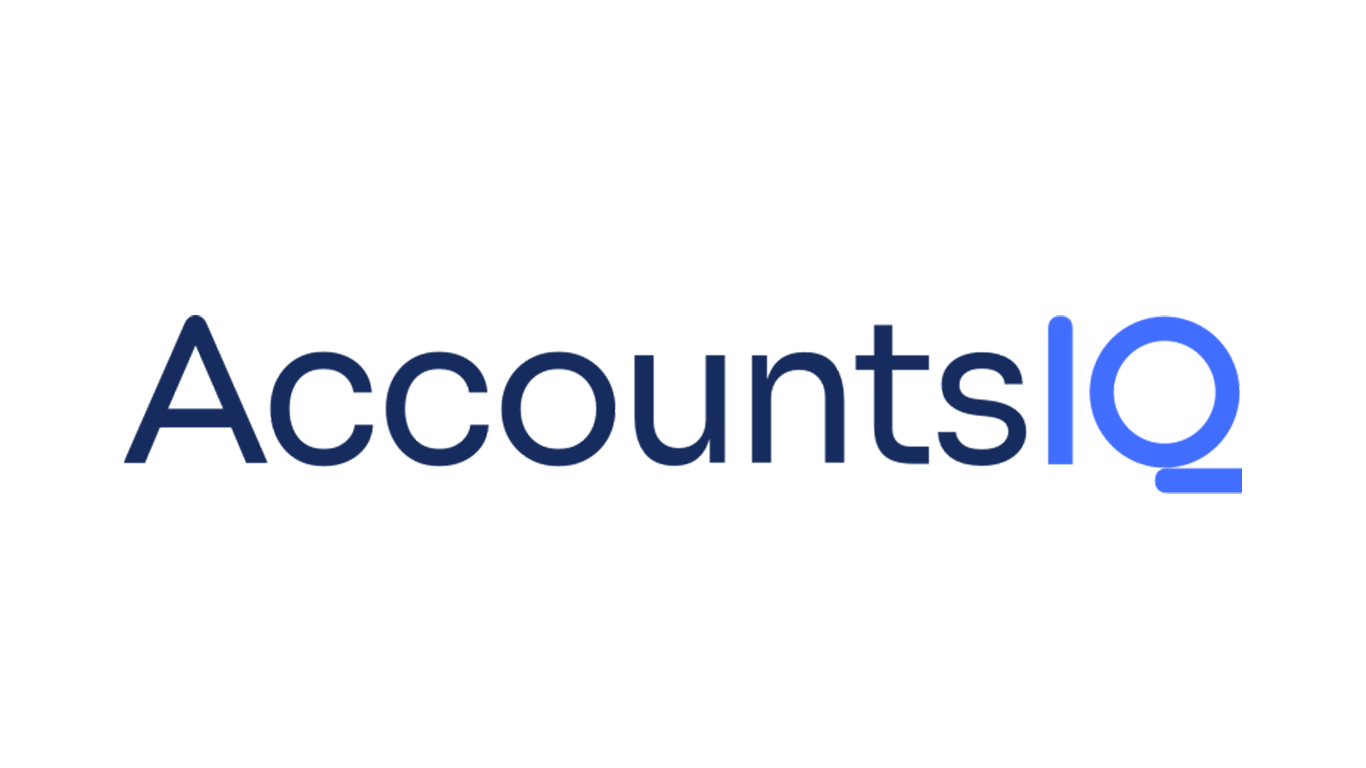
AccountsIQ, the award-winning accountancy SaaS provider, has won the Silver Award in the recent UK Customer Experience Awards, for the digital transformation of its training programme – the AIQ Academy. The award category recognises the role of digital transformation as part of customer experience efforts.
Following a period of unprecedented growth, brought about by the pandemic, the demand for SaaS accountancy solutions revealed a parallel need for training courses that bridged the gap between traditional products and their digital counterparts.
As a result, the company transformed its AIQ Academy, creating 23 online, self-paced learning courses, all CPD certified, as well as portals for channel partners and their own AccountsIQ user communities. The objectives of the academy – to deliver high quality training at scale and on demand, while enriching the learning experience so that students retain more skills.
“The move away from legacy accounting systems to embrace their digital alternatives highlighted the need for an e-learning environment to support the transformation that customers were making,” says Tony Connolly, CEO at AccountsIQ.
“This award is recognition of our focus on the customer experience, ensuring new users of our accounting software have the tools and confidence at their disposal to carry out business-critical tasks anywhere, safely and securely.”
The online component was well received, with AIQ Academy users increasing exponentially – upwards of 1000% – in just three years.
“The results speak for themselves. We maintained our Net Promoter Score during project delivery and it continues to increase year-on-year. We reduced support tickets by 25% and this has enabled us to redeploy resource to focus on customer success and product enrichment.”
The winners were announced at a live awards ceremony on 11 October at Wembley Stadium.
Related News

Clare Rowley
Head of Business Operations at GLEIF
Efficiently accessing the data they need is a core challenge for organizations conducting due diligence and ongoing risk monitoring for corporate customers and supplier see more
- 01:00 am
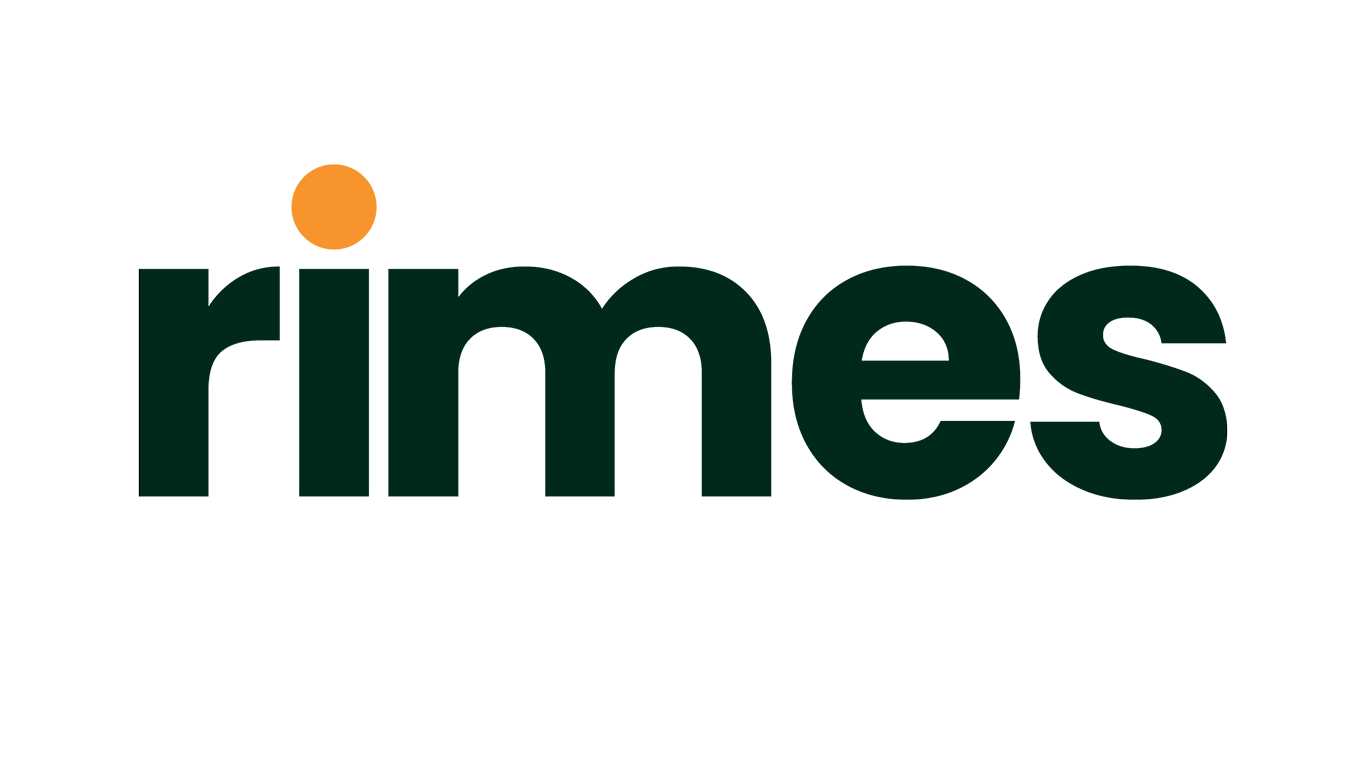
Rimes is delighted to announce the availability of the Rimes data lakehouse, an advanced data storage, processing and distribution platform delivered as a service with Microsoft Azure. The lakehouse is highly scalable and configurable, enabling the creation of custom data engineering and integration workflows using serverless cloud functions.
The new service combines the advantages of a data lake and a data warehouse, enabling asset managers and owners to quickly access both the structured and unstructured data they need, making it easier to derive valuable insights from diverse data sources. Customers each receive a private instance of the lakehouse, built on dedicated cloud resources, hosted in their region of choice.
The Rimes data lakehouse is designed for the enterprise. The fully integrated solution provides support for multiple environments, disaster recovery, develop operations and a flexible web UI that allows non-programmers to configure reports, dashboards, data maintenance screens and user permissions. A major benefit of this approach is that customers receive, out-of-the-box, not only multiple fully functional environments but a well-defined and proven process to configure, test and deploy changes.
Neil Lotter, Head of Distribution Services at Rimes commented. "Rimes has been in the business of supplying high quality data to our customers for over 25 years. We understand the data storage, engineering, and system integration challenges they face. The development of the Rimes data lakehouse was driven by a desire to help them solve these challenges. We are very encouraged by the interest the new offering is generating among existing and prospective customers."
Related News
- 07:00 am
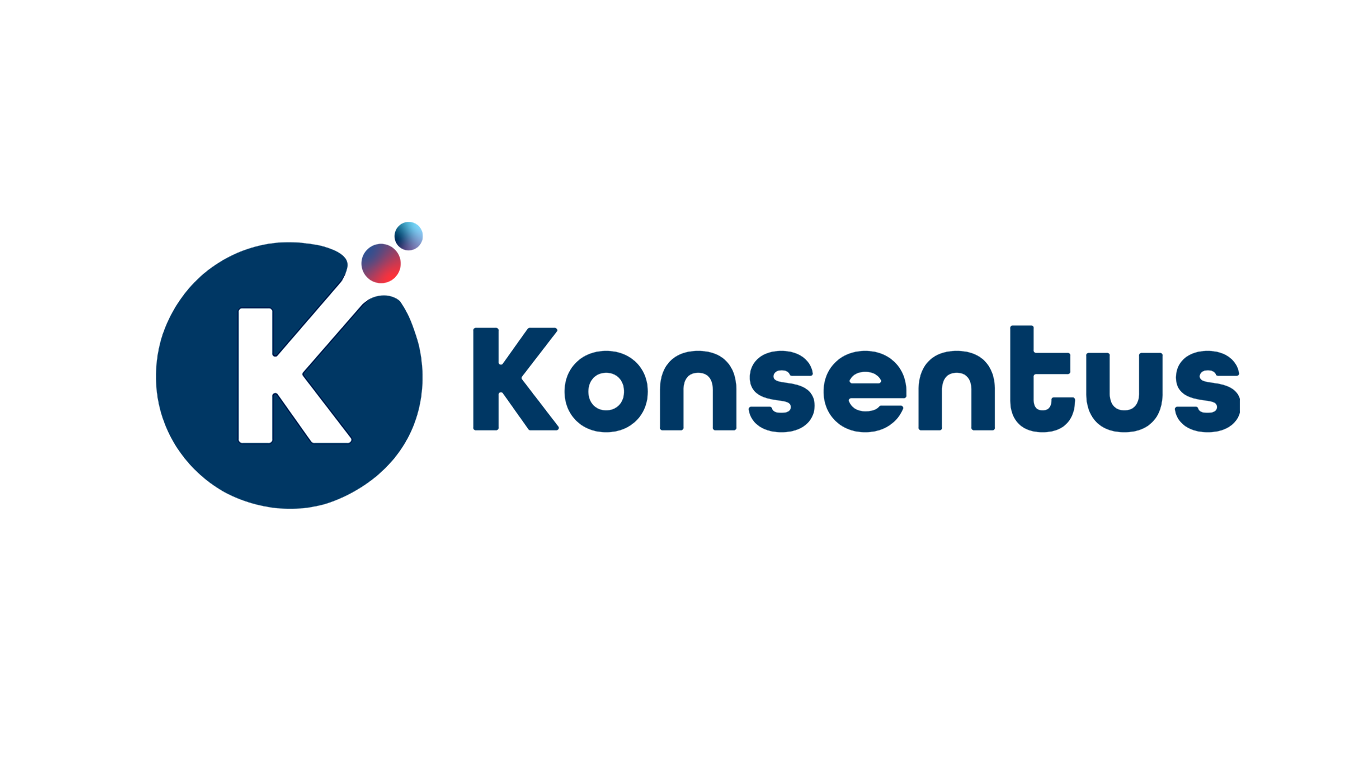
A new study from the Open Finance technology and advisory services provider Konsentus has found that there are now more than 65 national open banking programs globally.
Konsentus has updated its Global Open Banking and Open Finance Map to include richer data on the evolution of open banking across the world.
It reveals that open banking, the new wave of financial data access, has reached a significant milestone, with 68 countries (representing 35% of the world) either live or in development.
The Konsentus study showed there is a clear regulatory push towards open banking, with 64% of open banking initiatives being mandatory via legislation. Only four markets are currently pursuing a market-led approach and 26% of initiatives lack formal regulation but have strong regulatory support and a centralised program approach.
The hybrid approach has started to emerge as popular, particularly across Asia. However, the analysis shows there is no ‘one size fits all’, with each jurisdiction taking a slightly different approach to their implementation to meet local requirements.
In addition to assessing whether markets are regulatory, hybrid or market-led, the map now categorises countries based on whether their ecosystems are live or in development. It also reflects if the market is focused on open banking or has pivoted to open finance.
Mike Woods, CEO, Konsentus, said: “Given that open banking is in its infancy, the fact that 35% of the world is pursuing an open banking program is testament to its relevance and importance in the global financial digitisation agenda. We anticipate this number will continue to grow and that open banking testing and implementation will intensify in 2024.
“Konsentus has become much more rigorous in its criteria for this important asset to reflect the real development on the ground. As such, we have introduced a hybrid category as well as showcasing which markets are open banking vs open finance vs open data. The map will provide a valuable guide for the industry to track progress and spot new developments.”
Open banking has become an undeniable force reshaping the global financial sector and is among the key drivers towards unlocking substantial value in the financial ecosystem.
In markets where open banking has already been implemented, there is a clear movement towards increasing the scope of data access requirements towards open finance or even open data. Open finance permits third parties to access a wider range of data on additional financial products a customer may hold, such as insurance, mortgages, and investments. With the EEA having embarked on the journey to open finance, this number has increased significantly since 2022.
A key region to watch is the fourteen countries that make up the Eastern Europe and Central Asian Network (EECAN), with over 50% of the Network having a live or active program. Asia, and in particular Southeast Asia, is also ramping up activity and by 2025 this region will likely include new jurisdictions throughout 2024.
Open banking can contribute to various policy objectives and enable broader access to innovative products and services for citizens and businesses. Regulators and central banks regard it as a foundational pillar of their objective to encourage competition in the financial sector and stimulate national fintech ecosystems.
Related News
- 01:00 am
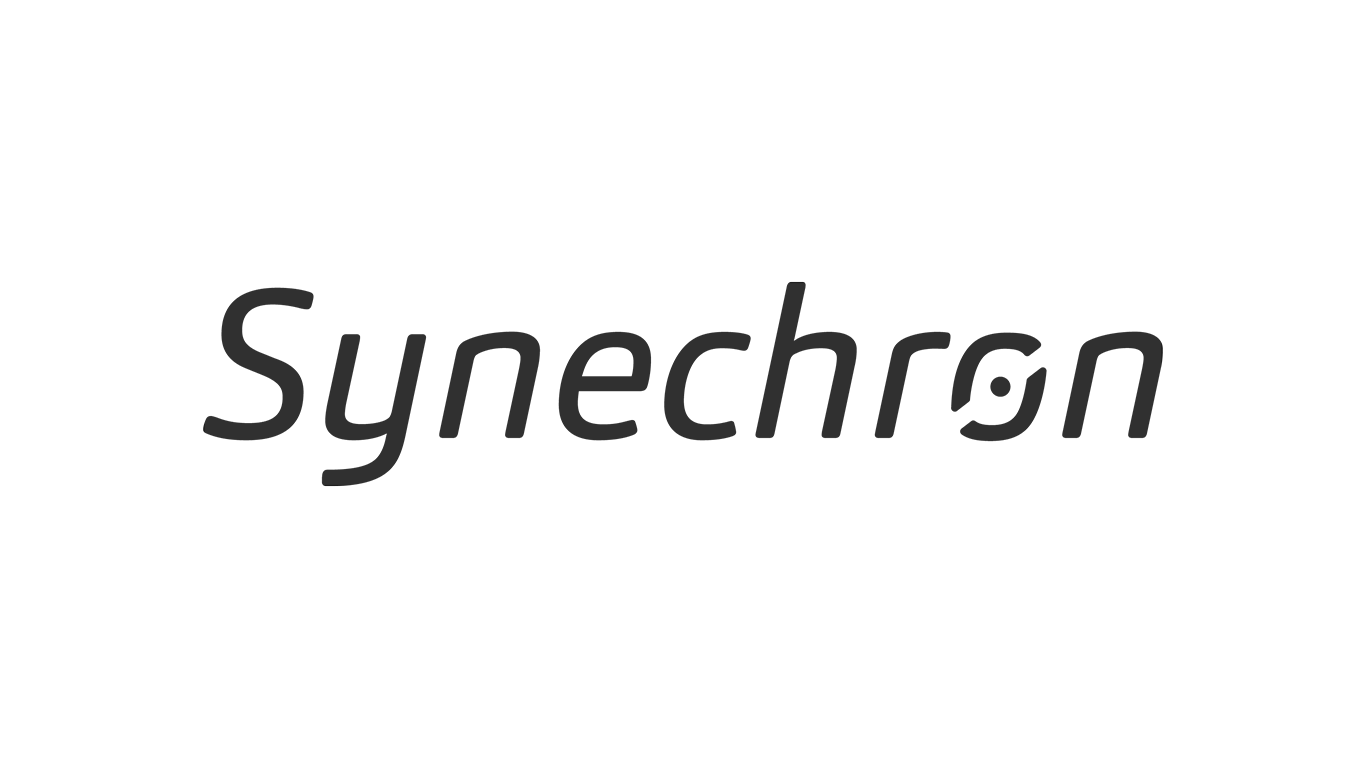
Synechron, Inc., a leading global digital transformation consulting firm focused on the financial services and big technology organizations, announced today the launch of its RiskTech.AI Accelerators program. The program offers a suite of five solutions that strategically integrate cutting-edge Artificial Intelligence (“AI”) or Generative AI (“GenAI”) tools to enable Synechron’s clients to identify, understand, address and mitigate critical modern business risks rapidly and efficiently.
These innovative solutions were designed to allow organizations to determine the likelihood of potential business and loan portfolio risks/losses across several areas. Specific, targeted risks include supply chain problem risks, climate-related risks, regulatory implementation and change management processes risks, Know Your Customer (“KYC”) investigations, and IT vulnerability and cybersecurity risks.
This is the 11th Accelerators program that Synechron has launched since its Blockchain Accelerators debuted in September 2016.
The new RiskTech.AI Accelerators program was crafted through the collaboration of Synechron’s digital technology innovation team members and its deep domain experts, working together across 13 global Financial Innovation Labs (“FinLabs”) that serve as innovation hubs. These AI-powered risk solutions were developed to respond to the growing need across multiple financial services organizations to raise the bar on better ways to tackle increasing risk challenges, greatly aided by leveraging advanced AI techniques and methodologies. Synechron’s RiskTech.AI accelerator solutions were crafted to automate and drive more efficient and cost-saving processes for use within a firm’s rapid risk mitigation efforts.
The new, future-forward and fully customizable set of RiskTech.AI Accelerators program solutions includes:
- Supply Chain Risk Insights – An application that utilizes AI to enable risk managers of loan portfolios to better visualize, interpret, contextualize and manage supply chain vulnerabilities and risks of public corporations.
- Climate Risk Stress Test and Analysis (“CRiSTAL”) – A comprehensive platform for financial institutions to discover and manage climate risk vulnerabilities and exposures within their existing lending portfolios.
- Regulatory Implementation Optimizer – GenAI tooling for regulatory change management and compliance risk management.
- KYC Risk Investigator – An enhanced, multi-functional KYC due diligence evaluative solution empowered with AI tools and GenAI to boost KYC analysts’ efficiency and reduce associated costs while identifying potential risks.
- IT Risk and Control Contextualizer (“iTRACC”) – An application automating data integration, workflow and leveraging advanced analytics and machine learning AI models-rich tooling, built around an IT risk control/calculation platform, to identify, prioritize and manage IT and cybersecurity risks.
Faisal Husain, Synechron’s Co-founder and CEO, said of the launch of the RiskTech.AI Accelerators program, “As big believers in the power of advanced technologies, we’re pleased to have developed our new RiskTech.AI Accelerators program. It features critical new approaches and imbedded AI-enriched innovations to help organizations identify, prioritize and quickly respond to business risk stressors.”
Sandeep Kumar, Head of Synechron’s FinLabs and Accelerators programs, commented, “Multiple risks can have a severe financial impact and lingering business consequences for financial services firms. We have responded with a new set of RiskTech.AI Accelerators – advanced technological innovations that can assist businesses to find, gauge the possible depth and breadth of, and quickly respond to important risks.”









